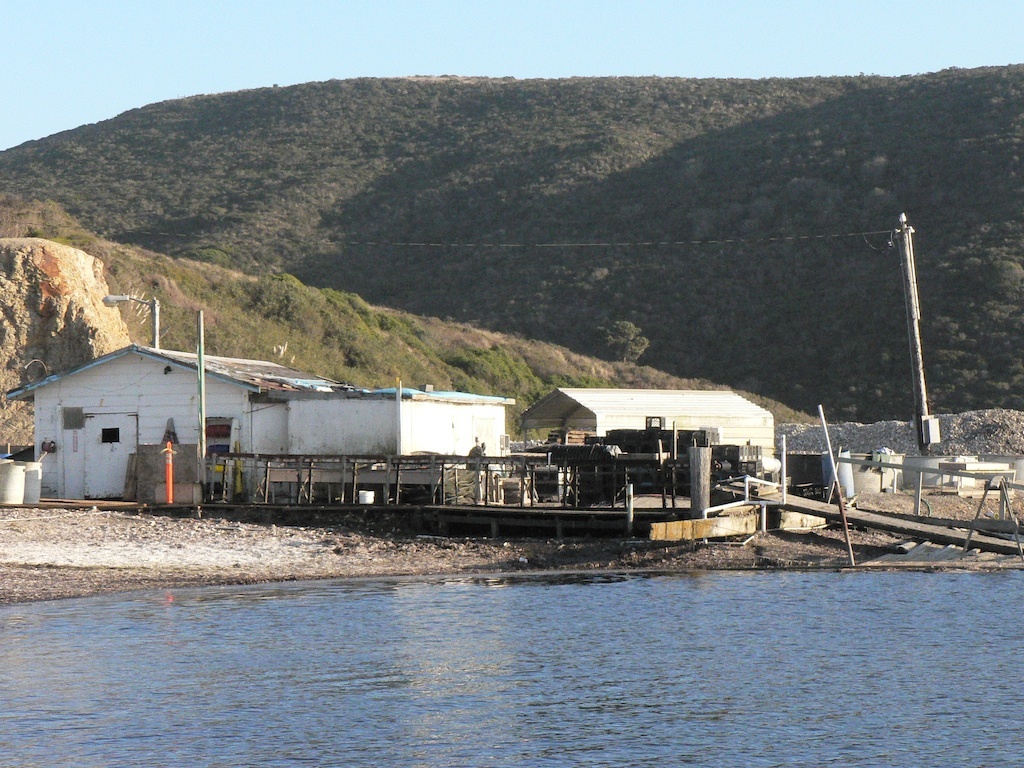Sen. Diane Feinstein (D-CA) and Rep. Darrel Issa (R-CA) are criticizing the scientific analysis in a preliminary environmental impact statement the National Park Service may utilize to halt oyster farming in the Point Reyes National Seashore.
Lease Set to Expire
Drakes Bay Oyster Company operates the sole remaining oyster cannery in the state of California. The company, which grows and harvests oysters, operates in Drakes Estero in Point Reyes National Seashore by a special use permit, which is scheduled to expire November 30, 2012. The Park Service is considering whether to extend the lease.
Faulty Science Alleged
The National Park Service issued a preliminary environmental impact statement claiming the oyster farm causes significant environmental damage. However, Feinstein and Issa say the Park Service relied on faulty science in reaching its conclusion.
In a Sep. 28 press statement, Feinstein said the report largely ignores the conclusion reached in 2009 by the National Academy of Sciences that “there is a lack of strong scientific evidence that shellfish farming has major adverse ecological effects on Drakes Estero.”
Feinstein also criticized the Park Service for not waiting until findings were released by the federal Marine Mammal Commission, which is looking into the potential impact on harbor seals.
“Missteps by the National Park Service have fundamentally undermined its ability to accurately review this application,” she said in the statement. “It is my hope that the final environmental report, and Secretary [Ken] Salazar’s decision, will rely on objective findings from the National Academies of Science and the Marine Mammal Commission. I believe that [this] course is the only way for the Park Service to salvage any credibility.”
Melanie Gunn, National Park Service outreach coordinator for the environmental impact statement, told Environment & Climate News the timing of the report should not diminish the weight of its findings. Once the Marine Mammal Commission releases its report, said Gunn, “we will incorporate anything that they find in their report into the final [environmental impact statement].”
Park Service’s ‘Scientific Misconduct’
Issa, the chairman of the House Committee on Oversight and Government Reform, sent a letter to Interior Secretary Ken Salazar questioning NPS’ conduct.
“It has come to my attention that scientific misconduct by National Park Service (NPS) personnel may be jeopardizing the right of a small business to operate,” wrote Issa.
“Since 2007, the NPS has been advocating that the Drakes Bay Oyster Company (DBOC) cease operation at the Point Reyes National Seashore because—according to the NPS—the oyster farm is harming the local harbor seal population.… Allegations that NPS knowingly relied on flawed science to support that conclusion as part of an effort to remove DBOC have come from a wide range of stakeholders and disinterested parties,” Issa wrote.
Environmentalist vs. NPS
Environmental activist Peter Gleick, president of the Pacific Institute, wrote in his Oct. 28 Huffington Post column, “[T]he National Park Service, the Department of the Interior (DoI), and some local environmental supporters (with whom I usually have strong common cause) have manipulated science in their efforts to close the farm. A series of reports have been issued with bad, incomplete, misleading, or cherry-picked evidence of impacts to seagrasses, water quality, fish diversity, and especially seals. These reports have been highly criticized by independent scientists, including the U.S. National Academy of Sciences. And data that contradicts their own studies have been withheld by the Park Service, including over 200,000 photographs from hidden cameras they set up to monitor disturbances caused by the oyster farm, but which now reportedly show no evidence of such disturbances.”
Gleick also pointed out the small oyster farm has been in operation for nearly a century and predates the designation of Point Reyes National Seashore as a federally designated entity.
Issa argued if the Park Service continues in its apparent plan to shut down the oyster farm, it “will have closed the doors of a family-owned small business without a valid scientific basis.”
Salazar has the authority to issue a final decision regarding the oyster company. Gunn said the NPS expects to release its final environmental impact statement around June 2012 and will identify a preferred course of action then.
Alyssa Carducci ([email protected]) writes from Tampa, Florida.




